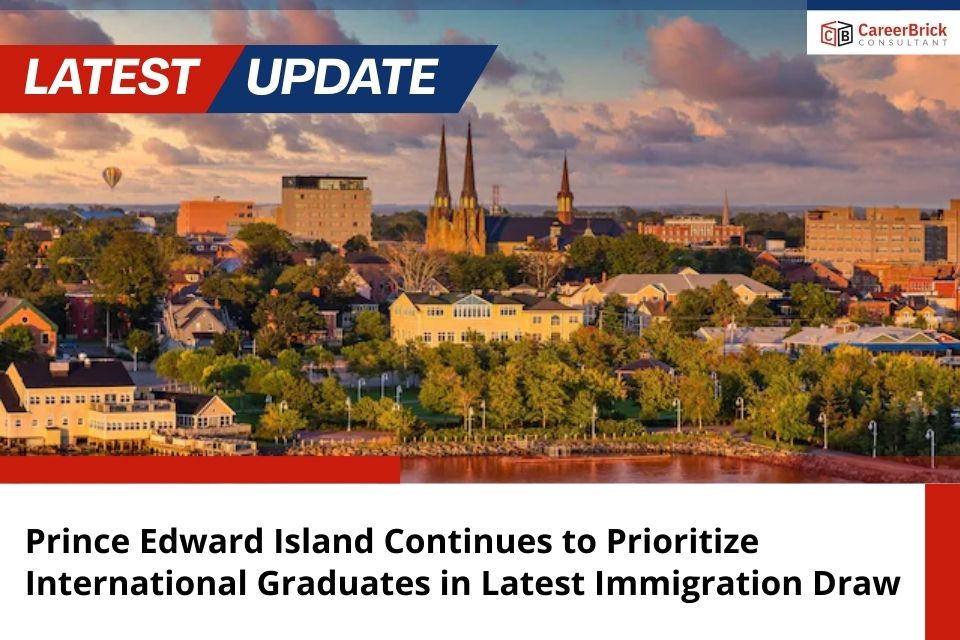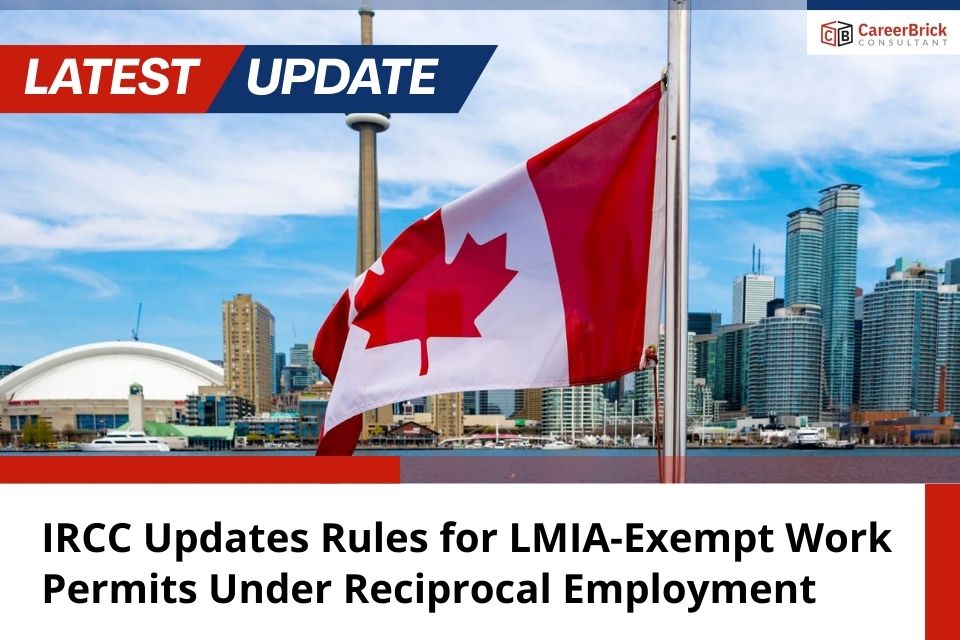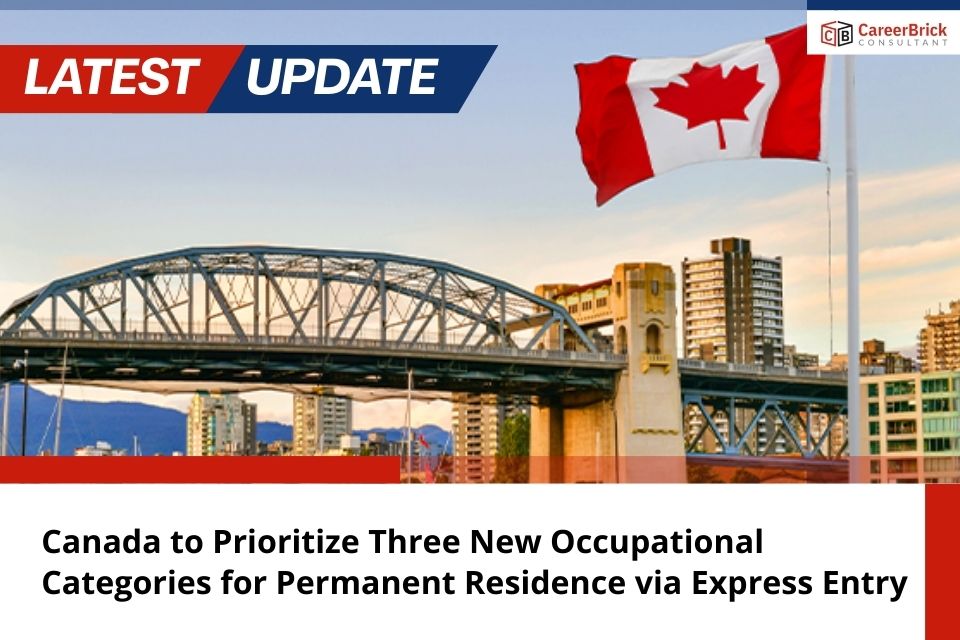As of December 6, Immigration, Refugees, and Citizenship Canada (IRCC) has updated its operational instructions and guidelines to confirm that work permit holders who applied for their permit before June 7, 2023, can continue their studies in Canada without needing a study permit.
This measure extends the temporary policy introduced in 2023, which remains in effect until June 27, 2026.
Am I Eligible to Study Without a Study Permit?
To qualify for the study permit exemption as a work permit holder under this policy, you must meet one of the following conditions:
- Hold a valid work permit that you applied for on or before June 7, 2023 (IRCC must have received your application on or before this date); or
- Have applied to renew your work permit on or before June 7, 2023, and received a work authorization* from IRCC while your renewal is being processed.
Note: Those who applied for work permits after June 7, 2023, are not eligible under this policy.
*A work authorization is a letter issued by IRCC to certain newcomers, allowing them to work in Canada while their application is under review. Individuals who applied for an extension before their current work permit expired may continue working under maintained status until a decision is made.
If you hold both a valid study permit and a valid co-op work permit that meets the above conditions, you may also enroll in additional study programs under this policy if:
- You comply with the conditions of your current study permit;
- You continue your primary study program; and
- The additional program does not exceed the duration of your co-op work permit.
How Long Can Work Permit Holders Study Without a Study Permit?
If eligible under this temporary public policy, you may study in Canada without a study permit until:
- Your current work permit expires;
- Your work permit renewal application is refused or expires; or
- The temporary policy expires on June 27, 2026.
How Can I Prove My Study Permit Exemption to My School?
If you are a work permit holder or have applied for a work permit extension, you can present one of the following documents to your Designated Learning Institution (DLI) to confirm your study permit exemption:
- Your current, valid work permit;
- The Acknowledgment of Receipt (AOR) from your work permit extension application (for online applicants);
- The work authorization letter you received after applying for a work permit exemption; or
- An email from IRCC confirming your eligibility under the public policy that allows some work permit holders to be exempt from needing a study permit.
Benefits of Continuing Education in Canada
Pursuing education in Canada offers numerous economic and immigration advantages for newcomers.
According to Statistics Canada research, newcomers with Canadian study experience before obtaining permanent residence (PR) tend to perform significantly better in the Canadian labor market compared to those without this experience.
- Within the first one to two years after receiving PR, Canadian graduates earned 27% more than their peers who studied abroad.
- This advantage continues in the long term, with newcomers who had at least one year of pre-landing work experience earning 9-12% more than those without such experience, even after 10–11 years.
Continuing your education in Canada can also enhance your eligibility for permanent residence.
Express Entry immigration programs use the Comprehensive Ranking System (CRS), which awards points based on human capital factors, including education. By attaining higher education, candidates can earn more CRS points, increasing their chances of receiving an Invitation to Apply (ITA) for PR.
You can earn up to 150 CRS points if you are not accompanied by a spouse or partner to Canada, and up to 140 points if you are accompanied by a spouse or partner.
| Level of Education | Points awarded with a spouse or common-law partner (Maximum 140 points) |
Points awarded without a spouse or common-law partner (Maximum 150 points) |
|---|---|---|
|
Less than secondary school (high school) |
0 |
0 |
|
Secondary diploma (high school graduation) |
28 |
30 |
|
One-year degree, diploma or certificate from a university, college, trade or technical school, or other institute |
84 |
90 |
|
Two-year program at a university, college, trade or technical school, or other institute |
91 |
98 |
|
Bachelor's degree OR a three or more year program at a university, college, trade or technical school, or other institute |
112 |
120 |
|
Two or more certificates, diplomas, or degrees. One must be for a program of three or more years |
119 |
128 |
|
Master's degree, OR professional degree needed to practice in a licensed profession (For “professional degree,” the degree program must have been in: medicine, veterinary medicine, dentistry, optometry, law, chiropractic medicine, or pharmacy.) |
126 |
135 |
|
Doctoral level university degree (Ph.D.) |
140 |
150 |
Additionally, the CRS awards:
- Up to 50 extra points for individuals with Canadian work experience and a post-secondary degree;
- Up to 50 extra points for those with strong proficiency in Canada’s official languages and a post-secondary degree;
- Up to 30 extra points for completing post-secondary education in Canada:
- 15 points for a Canadian post-secondary credential of one to two years; or
- 30 points for a Canadian post-secondary credential of three years or longer.
Beyond boosting your CRS score, continuing your education in Canada may also make you eligible for provincial immigration pathways specifically designed for international graduates in those provinces.
Many of these pathways also take work experience and arranged employment within the province into account.
Examples of such programs include:
| Provincial pathway | Provincial pathway |
|---|---|
|
Employer Job Offer: International Student stream |
Ontario |
|
Master's Graduate stream |
Ontario |
|
PhD Graduate stream |
Ontario |
|
International Graduate stream |
British Columbia |
|
International Post-Graduate stream |
British Columbia |
|
Graduate Entrepreneur stream |
Alberta |
|
International Education stream |
Manitoba |
|
International GraduateEntrepreneur stream |
Nova Scotia |
|
International Graduates in Demand stream |
Nova Scotia |
|
New Brunswick Student Connection |
New Brunswick |







